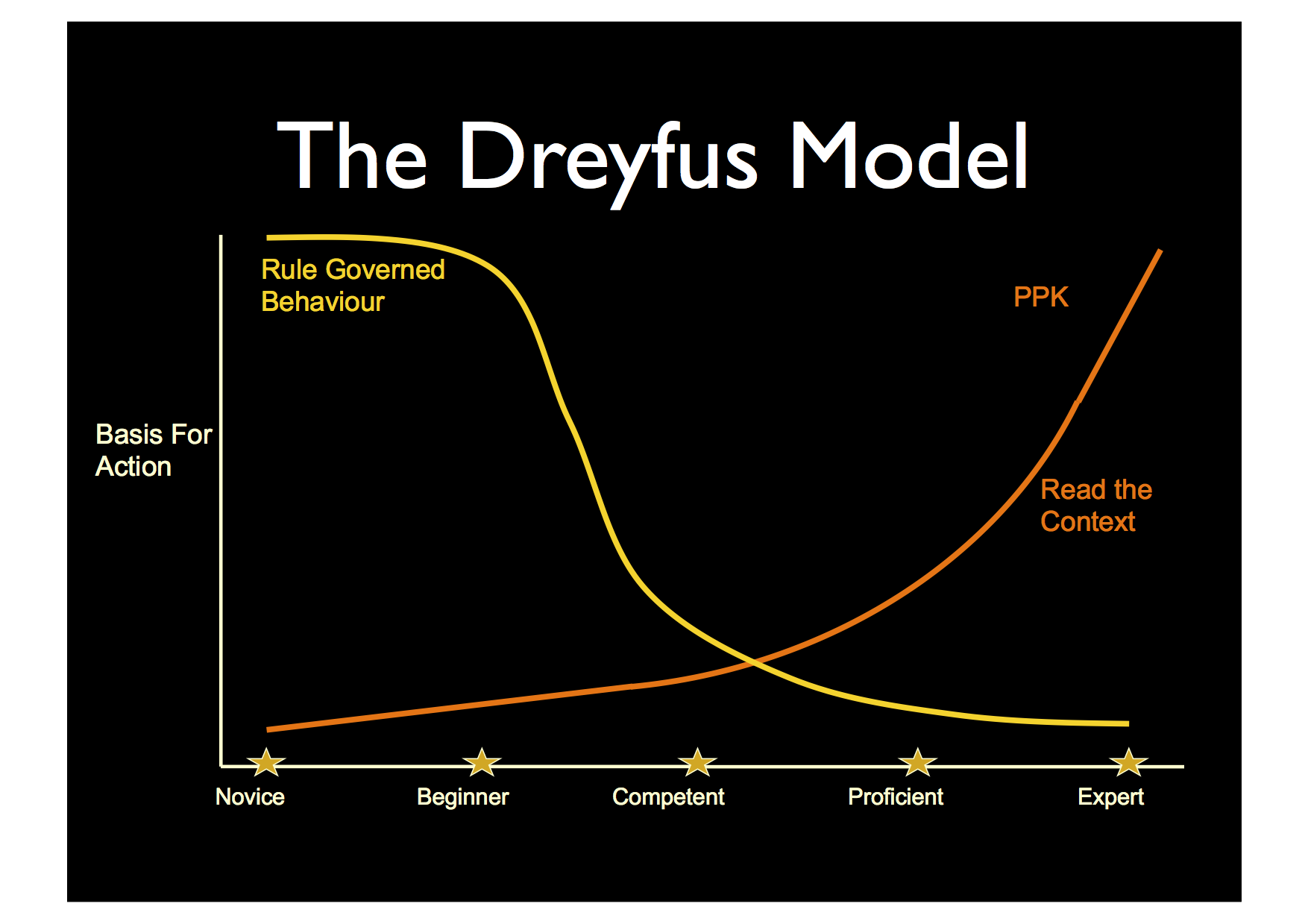Have you ever observed in another classroom and thought that there is absolutely no way I’ll ever be able to replicate that? Do you remember watching a talented mentor pick the perfect moment to ask just the right question to student? Did you then think how on earth did they do that?
I remember watching my Tutor Teacher Mrs Jane Mackie with a sense of wonderment and awe. She seemed to be able to know exactly what each student needed by simply looking at the whites of their eyes. I knew there must have been more to it than that. She must have been so well prepared, planned to the hilt. She must have anticipated every possible situation in her head and then planned a suitable response. She was an expert teacher. When I asked her how she did I was surprised to hear that she hadn’t spent 4 hours planning that lesson. When I pushed further she really couldn’t help me step through the process or provide me with a recipe.
I was a bit slow on the uptake and I really only understood the reason for Jane saying ‘I just know, it’s hard to explain’ when John Edwards and Bill Martin of the OUREducation Network introduced me to the Dreyfus Model of Skill Acquisition. There was a lightbulb moment. I was an absolute novice and she was an expert.

Jane had developed Personal Practical Knowledge that allowed her to make decisions based upon the context and the situation. As a new teacher I was reliant on rules to govern my decisions and actions. I needed lots of – if this then that – thinking.
We all experience being a novice when we do something new or start in a new place or position. I was a novice principal, I relied on rules and regulations to drive my work. I was always consulting what the policy says. Again I had an expert mentor principal who had left me scratching my head thinking how does she do that? Right now I would say I am pretty proficient but I know that if I got another principal’s position I would be an absolute novice in that position.
Knowing this, why do we pair novice teachers with expert mentors? Are we setting them up for the “I can’t possibly do all those things” moment that causes nagging doubts about their aptitude for the job?
The Dreyfus Model of Skill Acquisition is the reason we try to (within the constraints of a small school) partner teachers with 3 – 4 years of experience with those who are beginning their career. The advanced beginner or proficient people know what it is like being in the novices shoes. They make great tutor teachers as they have recent memory of things that the experts have long since forgotten.
